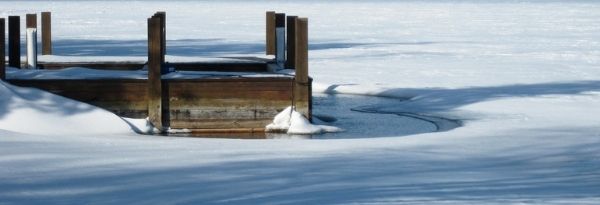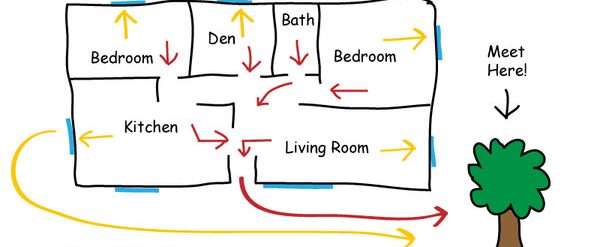2018-May-07
Current and Proposed Flare Requirements, Fewer Flares in your Future
The chart below outlines the new flare carriage requirements under the regulation changes that are due to be implemented within the next few weeks – Transport Canada says the new regulations will be in place for this summer’s boating season. Note that the real advantages occur when the boater has a means of electronic communication.
Electronic communication devices include: cell phones, satellite phones, VHF radios, a 406 MHz personal locator beacon or a 406 MHz emergency position-indicating radio beacon.The reduced requirement to carry as many flares will save money for the boater and begin to help reduce the problem
of expired flare disposal.
We will post when the regulations become officially in place.
Current and proposed pyrotechnic distress signal requirements
Note that smoke signals are considered less dangerous to use and store than flares.




